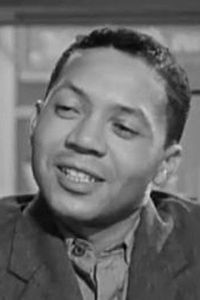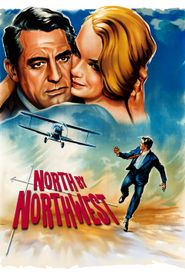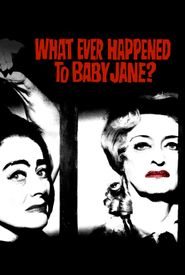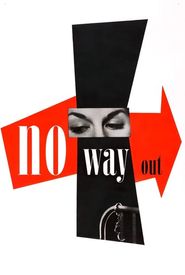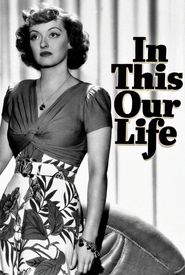Ernest Anderson's life journey began in Lynn, Massachusetts, where he first set foot in the world. His academic pursuits took him to Washington D.C., where he earned his high school diploma at the esteemed Dunbar High School, formerly known as The Preparatory High School for Colored Youth. Founded in 1891, it held the distinction of being America's first public high school for black students.
Anderson's thirst for knowledge led him to Northwestern University's School of Drama and Speech, where he obtained his bachelor's degree. The allure of Hollywood soon drew him to the City of Angels, where he found himself working in the service department.
A turning point in his career arrived when Bette Davis intervened on his behalf, securing an audition for the role of Perry Clay in the 1942 film "In This Our Life". Anderson's persuasive abilities came into play as he convinced director John Huston to revise the character's dialogue, transforming it from racist and offensive to one that showcased dignified intelligence and emotion.
Anderson's dedication to his craft continued to evolve as he served his country during World War II. Upon his return, he resumed his work at Warner Brothers, tirelessly working to humanize the roles of America's black performers. His tireless efforts to break down barriers and challenge stereotypes remained a constant theme throughout his career, which spanned well into the late 1960s.
Ernest Anderson's remarkable life came full circle on March 5, 2011, when he passed away in DeLand, Florida. Despite the challenges he faced, he left an indelible mark on the film industry, paving the way for future generations of actors and performers.
